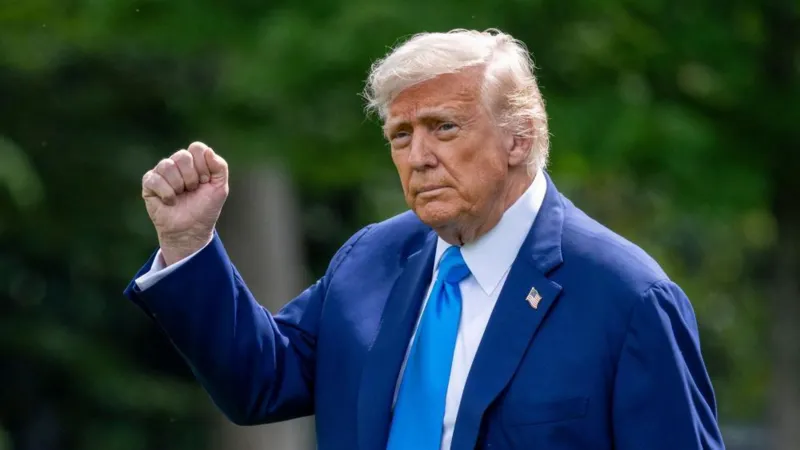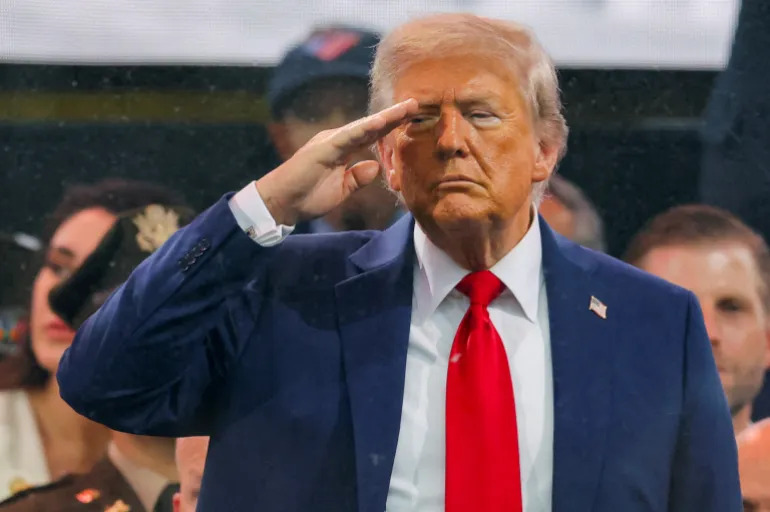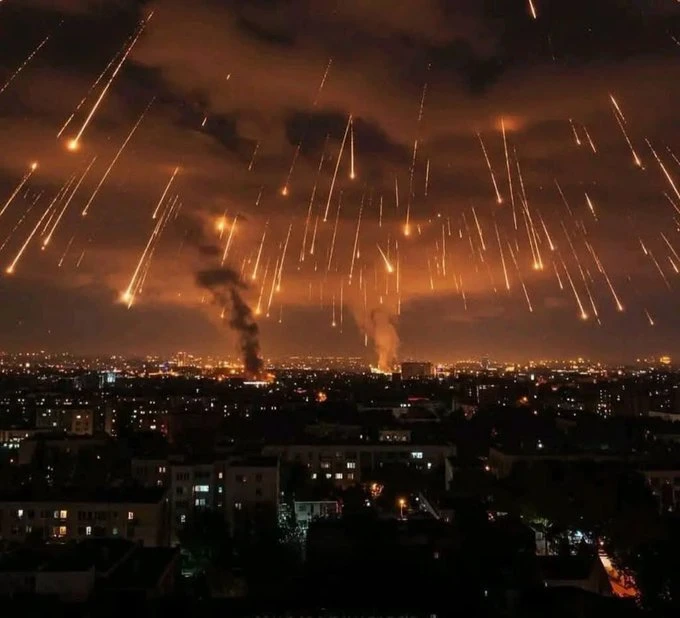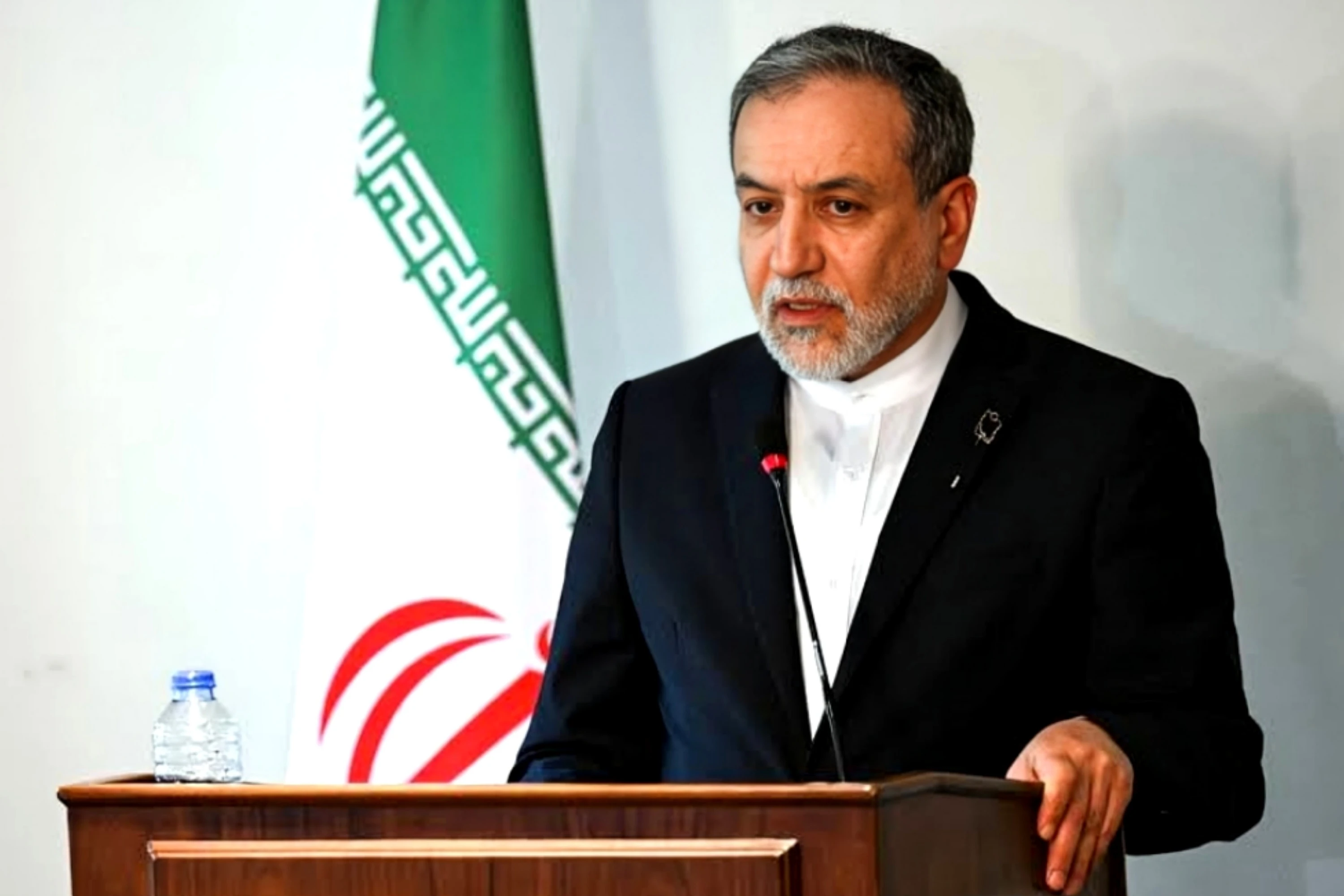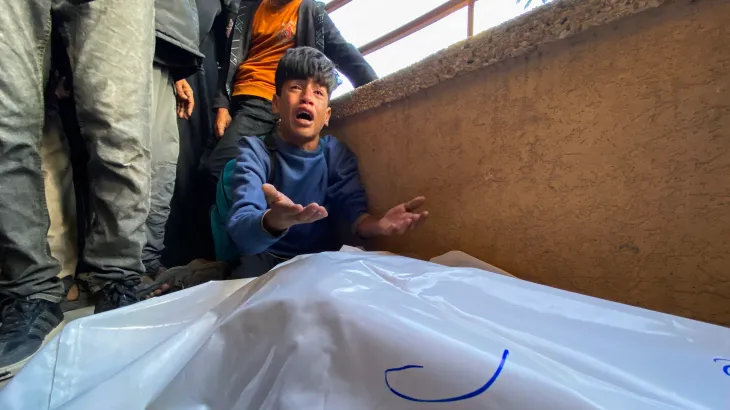Vienna: Iran has sharply escalated its production of highly enriched uranium, bringing it dangerously close to weapons-grade material, according to a confidential report by the International Atomic Energy Agency (IAEA).
The report, cited by the AP and AFP, reveals that as of May 17, Iran had stockpiled 408.6 kilograms of uranium enriched up to 60 percent purity—just below the roughly 90 percent threshold required for nuclear weapons. This marks a significant rise of 133.8 kilograms, or nearly 50 percent, since the agency’s last report in February.
The IAEA cautioned that Iran is now the only non-nuclear-armed nation producing uranium at such high enrichment levels—an action it described as “deeply troubling.”
According to nuclear experts, roughly 42 kilograms of uranium enriched to 60 percent could be enough to produce a single nuclear bomb if further refined to weapons-grade. The agency warned that Iran’s enriched uranium reserve now exceeds the limit set under the 2015 nuclear accord by more than 45 times.
The total stockpile of enriched uranium across all levels in Iran reached 9,247.6 kilograms by mid-May, representing a 953.2-kilogram increase since the previous quarterly report.
Despite Tehran’s insistence that its nuclear efforts remain peaceful, IAEA Director General Rafael Mariano Grossi warned that Iran now possesses enough near-weapons-grade uranium to potentially build “several” nuclear warheads if it decides to move forward.
Although U.S. intelligence believes Iran has not yet launched a formal nuclear weapons program, it acknowledges the country is taking steps that could facilitate rapid development of a nuclear device should it choose to proceed.
In a separate assessment released on the same day, the IAEA also criticized Iran’s limited cooperation with ongoing investigations, particularly its failure to clarify the origins of nuclear material discovered at undeclared locations.
The agency’s findings come amid a sensitive diplomatic backdrop, with indirect negotiations continuing between Washington and Tehran over a possible revival of the nuclear deal. However, Iranian officials recently downplayed speculation of an imminent breakthrough, reiterating that any future pact must guarantee full sanctions relief and preserve Iran’s right to continue its nuclear activities.
Western nations remain deeply suspicious of Iran’s intentions, suspecting the country is positioning itself to counter Israel’s undeclared nuclear arsenal. Israel responded swiftly to the report, with Prime Minister Benjamin Netanyahu’s office stating it proves “Iran is fully committed to completing its nuclear weapons program.”
“This level of uranium enrichment has no civilian use and only exists in nations actively pursuing nuclear weapons,” said the Israeli government in a statement.
Iranian Foreign Minister Abbas Araghchi rejected these claims, reiterating in a televised address that Tehran sees nuclear weapons as “unacceptable.”
“If the concern is nuclear weapons, we too oppose such arms,” he said.
The report could raise pressure on European powers to consider reimposing sanctions ahead of the October expiry of the 2015 agreement. Meanwhile, U.S. President Donald Trump revealed he had advised Israel to delay any potential military action to give time for diplomacy, expressing hope that a new deal could still be reached “soon.”



